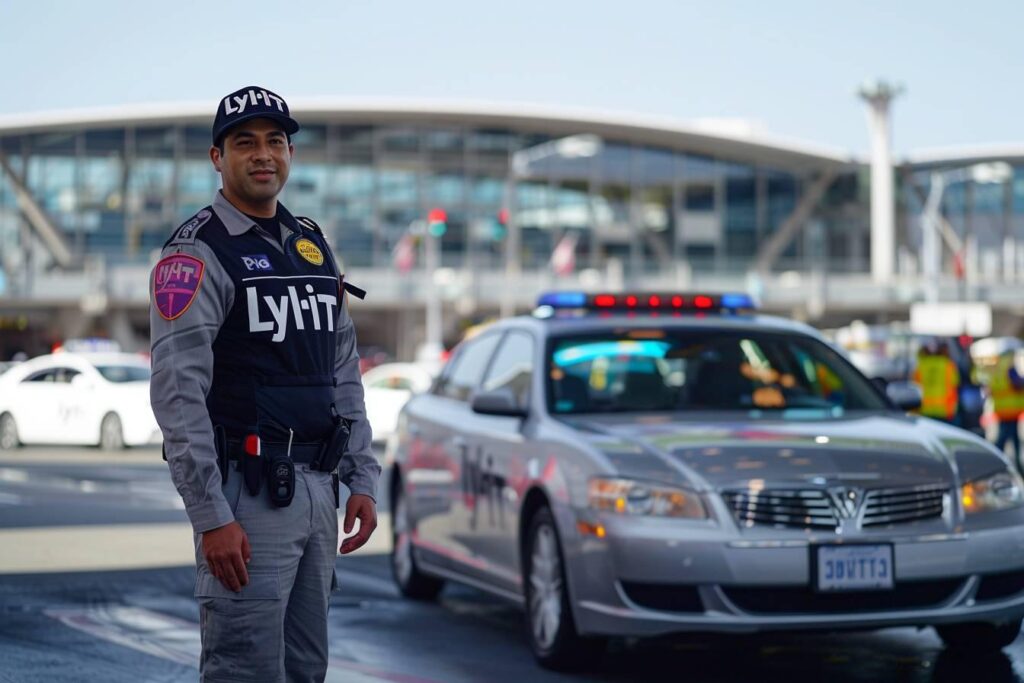Challenges in Prosecuting Hate Crimes: A Jewish Community Perspective

When hate seeps into the fabric of society, it leaves a stain that is difficult to cleanse. This is a reality that many in the Jewish community are painfully aware of, especially in the wake of incidents that test the boundaries of justice and societal tolerance. The recent acquittal of a Lyft driver accused of assaulting a Jewish passenger at San Francisco International Airport underscores the complex interplay between identity, conflict, and the legal standards required to prove hate crimes.
The Incident and Its Aftermath
In late October 2023, during a period marked by heightened tensions from the Israel-Hamas conflict, an altercation occurred that would ripple out to touch many lives. Csaba John Csukas, then a Lyft driver, was accused of punching a Jewish rider known only as “SB”. The incident was not just a case of physical assault but was tinged with elements that suggested it could be a hate crime. SB claimed that Csukas attacked him after seeing his Jewish name and stating, “I don’t want Israelis in my car.”
This accusation turned the wheels of justice with Csukas facing hate crime charges brought by the Department of Justice. However, after a jury trial in the US District Court for the Northern District of California, Csukas was acquitted of these charges. His defense argued that he acted out of provocation and highlighted his personal connections to the Palestinian community through his fiancé.
Understanding Hate Crime Legislation
Hate crimes are distinct in that they are perpetrated not merely against individuals but against identities. They resonate with broader implications because they target what people are—or are perceived to be—rather than just their actions. In the United States, hate crime laws are designed to add sterner penalties to crimes motivated by racial, religious, or other prejudices.
However, proving a hate crime extends beyond demonstrating that an offense occurred; it requires showing that it was motivated by bias. This is where the challenge lies—it demands a peek into the mind of the perpetrator at the moment of the crime, which is often murky and obscured by the complexities of human emotion and interaction.
The Jury’s Decision: A Reflection on Proof and Prejudice
The jury’s decision to acquit Csukas was based on their assessment that there wasn’t enough evidence to conclusively prove that his actions were motivated by anti-Semitic hatred rather than other factors. This verdict brings forward pressing questions about how hate is identified and proven in court. It also highlights the heavy burden prosecutors face in such cases.
The Jewish Community’s Response
The acquittal has been met with mixed reactions within the Jewish community. While some understand and uphold the legal requirement for substantial proof beyond reasonable doubt, others feel it underscores a broader issue of under-acknowledged anti-Semitism. This case has ignited discussions around how communities can effectively work together to ensure justice while still respecting the nuances of legal processes.
Lessons Learned and Paths Forward
- Educational Initiatives: Educating both the public and law enforcement agencies about anti-Semitism and its manifestations can aid in better recognition and handling of potential hate crimes.
- Community Engagement: Strengthening ties within communities and between diverse groups can help foster understanding and dilute prejudices.
- Legal Reforms: Considering adjustments in legal practices to better address and prosecute hate crimes without compromising justice’s fundamental principles.
In conclusion, while the acquittal in this case may seem like a setback in the fight against anti-Semitism, it also provides valuable lessons on the complexities involved in prosecuting hate crimes. It serves as a call to action for all stakeholders—community leaders, activists, legal experts, and policymakers—to reflect on how we define, detect, and deter hate crimes not just against Jews but against all marginalized communities.
To truly combat hate, our efforts must be collective and consistent—rooted deeply not only in our laws but also in our everyday actions and interactions. As we move forward, let our resolve be strengthened by our shared commitment to justice and mutual respect.



